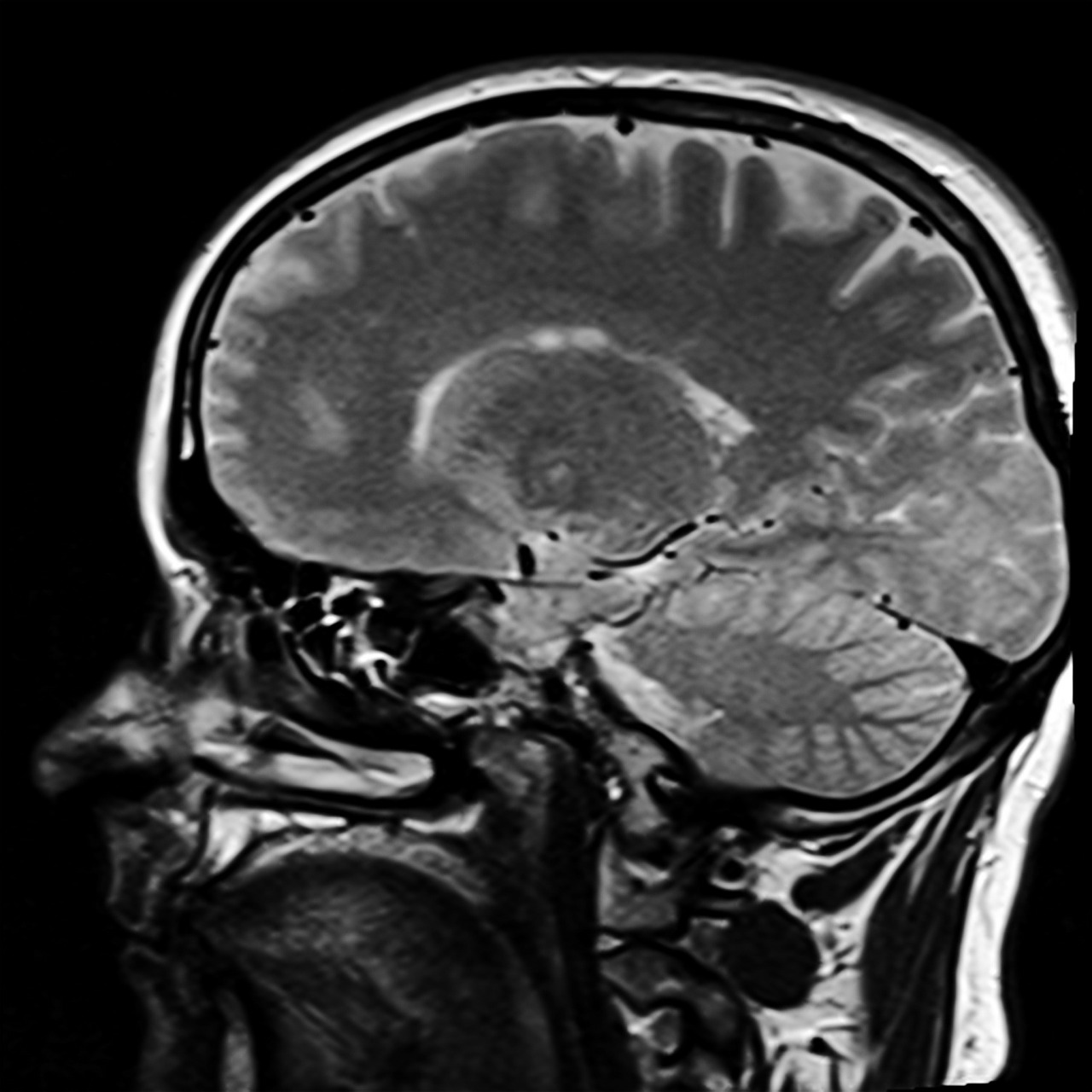-
Former Israeli Prime Minister’s Significant Brain Activity – How Do We Know?

Israeli scientists and UCLA’s Dr. Martin Monti recently found that former Prime Minister Ariel Sharon demonstrates significant brain activity. Seven years ago Sharon suffered two strokes. The second stroke caused him to lose most of his consciousness. Sharon is in a minimally conscious state, a little more aware than a coma or a persistent vegetative…
-
Are genetics destiny for psychiatric disorders?
Are genetics destiny? Simplistic thinkers may say so, but what scientists are learning is that, though many traits are heritable (e.g., height, extraversion, IQ), it is difficult to find a “gene” for the vast majority of traits. At the completion of the human genome project, there were high hopes that single genes could be located…
-
Revisit: fMRI and the “lit up” brain
I wrote a post a few months ago about some common misconceptions about functional magnetic resonance imaging (fMRI), and one of my main points was that the term ‘lights up”, which is often used when describing the areas of the brain that respond to a task, is misleading. Here is what I said on the subject:…
-
‘Tis the Season for Giving!
It’s that time of year again, where malls and websites (and hopefully some local businesses, too!) are overrun with holiday shoppers hoping to score the perfect gift to give a loved one. But why are we so obsessed with finding that perfect present? Recent research by Tristen Inagaki, a fourth year graduate student in the…
-
fMRI: “The Wonder Machine”? Common Questions and Misconceptions about fMRI Research
I am a big fan of the guys on the Stuff You Should Know podcast. In case you don’t know them, they give 30-45 minute talks on all sorts of interesting topics, from historical, to scientific, to current events. In quite a few of these podcasts they have brought up research that used fMRI (functional…
-
Perceptual Learning: Applications to Education
My lab at UCLA has been in the news twice recently, which is very exciting for us! You may have seen this article in the NYTimes last week or this interview on CBS’ The Early Show this morning. Both stories are about perceptual learning and its applications to education. I thought in this post I…
-
Emotional Control: Strategies we use for regulating our emotions
Emotions are a central component of the human experience. They facilitate social interactions, allow us to both appreciate and create powerful works in arts and literature, and guide us in achieving personal goals. These are only a few of the myriad ways that demonstrate the important role emotions play in our lives. In a letter…
-
Alcohol blackouts: What to remember to remember?
Do you remember what you did last night? Have you ever not remembered what you did after drinking? Drinking alcohol over a long time period can affect the brain and cause lasting damage including, but not limited to, slips in memory. These memory slips can be due to lack of blood flow to brain areas…
-
Should we blame the media?
The NY Times using nearly all anecdotal evidence based on one child, says the media may be responsible for poor grades and lack of focus. Don Tapscott rebutes this argument and cites much research. This is such an interesting example of how even a respected newspaper like the NY Times can flame the fire. I…